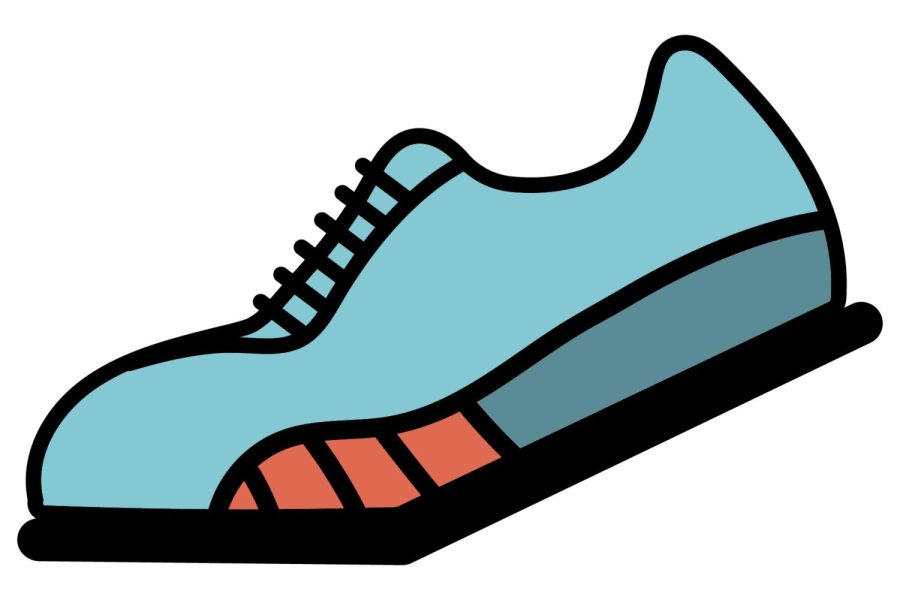Indigenous Peoples Day Lecture: “Running For Justice”
Eighth annual event brings Lakota advocate for missing relatives
Jordan Marie Brings Three White Horses Daniel presented this year’s Indigenous Peoples’ Day lecture on Oct. 12. Daniel is an athlete advocate who has combined her passion for long-distance running with her passion for advocacy in order to raise awareness for Murdered and Missing Indigenous Relatives.
The Indigenous Peoples’ Day lecture is co-sponsored by Campus Climate; Diversity, Equity and Inclusion; Department of History; and Department of Environmental Sciences and Society.
Dr. Eugene Tesdahl, Associate Professor of History, welcomed Daniel to the floor. She began by sharing her background on how she started to run for justice.
“It’s an honor to be a voice,” Daniel began. “I think for Indigenous peoples, especially Indigenous women, in constantly having our voices erased from the conversation and from existence, it’s really great to be that voice. Not only to amplify my story, but to amplify all our Indigenous womens’, Indigenous relatives’ and communities’ stories.”
Daniel began her long-distance running career in high school, being the fourth generation of runners in her family. When Daniel began running, “I was hoping I would be a sprinter. I was like, ‘who wants to run more than one lap around the track?’”
As she grew up, though, she found that she enjoyed longer and longer runs until she had transitioned into long distance. The passion that she found in running, however, was disrupted when she moved from South Dakota to Maine when she was nine.
“I was definitely culture shocked, being surrounded by so many people who did not look like me and did not have a supportive system to support Indigenous youths or even youth of color. It was very isolating, but the sport was one of the only things that kept me going.”
It was during high school and into college that Daniel began to transform her running again, this time from passion to advocacy.
“Halfway through college, I had an amazing coach at the University of Maine,” Daniel explained. “They were so supportive of me in terms of the coaching structure. My coach really invested in each individual runner as well as the team.”
This support system became apparent when Daniel fell ill from physical and emotional stress. Her coach had been the one who observed the early signs of sickness and encouraged Daniel to seek care.
After her health improved, Daniel’s sense of identity strengthened as well. The third phase of the transformation of her running, as Daniel identified, was that her running helped her to reconnect with her identity as a Lakota woman and companion with the nearby Penobscot Indian Nation.
Daniel’s advocacy had “remained mostly behind the curtain” until 2016, when she was asked to organize an event in Washington, D.C., to welcome the Standing Rock youth. The Standing Rock youth had run 2,000 miles from Cannonball, North Dakota, to Washington, D.C.
A larger national spotlight shone on Daniel in 2019 when she ran the 2019 Boston Marathon, dedicating the “26 miles in prayer for 26 missing and murdered Indigenous Women and Girls.”
This was the fourth transformation of running for Daniel while helping her grow into her role as a community organizer and role model−positions that she once could not imagine herself in−for other Indigenous runners and advocates.
Daniel’s presentation also illuminated the breadth of advocacy for those seeking to act. Some of these actions were to “support the families fighting for justice, support the organizations leading these efforts, push for legislation to pass that will support the families−those stolen, murdered or disappeared−which will increase data, (and) increase funding and resources,” Daniel said.
For those interested in connecting with Daniel and her advocacy organization, Rising Hearts, readers can connect via risinghearts.org, jordanmariedaniel.com and [email protected].




